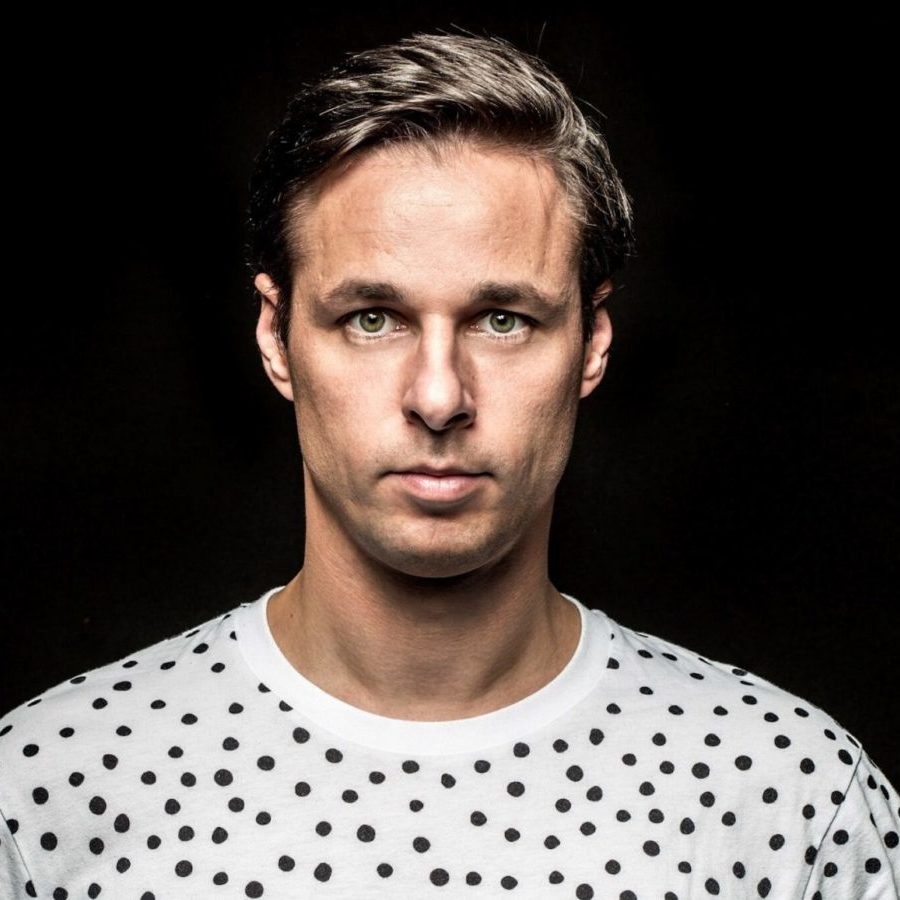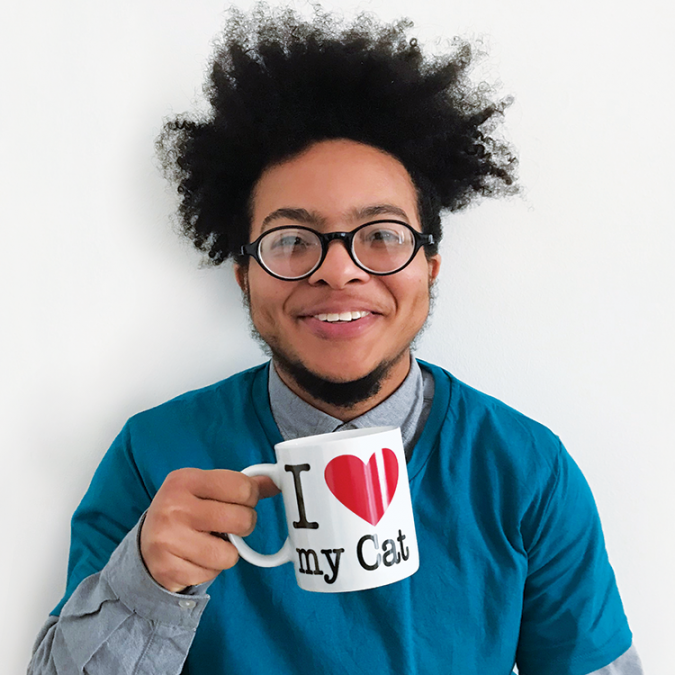Biennale Hang Out
The Biennale will be an exciting but intensive week of learning and training. We want to make sure however that there is also plenty of time to relax and socialize between workshops. The Biennale Hang Outs will give you the perfect excuse to blow off some steam over a few drinks and, maybe, some more dancing with your fellow participants. Soundtrack will be provided by DJs yung_womb (Thursday) and David Lenk (Friday).
Feb 20/21, 11 pm
Kampnagel, Jarrestraße 20, 22303 Hamburg, KMH
AK|T Meeting
ABUSE BEHIND THE SCENES
After the first known cases of sexual harassment in 2017, the discussion in the past two years has been significantly more differentiated and the first studies have been published. The focus is not on the specific incidents, but on the analysis of the toxic environment, which makes it possible to cross borders or even supposedly legitimizes them. Among other things, rigid hierarchies, dependency relationships and a culture of silence were identified. After a brief introduction, an AK|T statement should be prepared in an open discussion. For teachers of the AK|T member institutions.
Moderation: Susanne Triebel
Feb 19, 4:35 pm-5:30 pm
Kampnagel, Jarrestraße 20, 22303 Hamburg, Peacetambul
AK|T Meeting
BURNING ISSUES
Questions from AK | T members on various topics. For teachers of the AK|T member institutions.
Moderation: Dieter Heitkamp et al.
Feb 19, 3 pm – 4:30 pm
Kampnagel, Jarrestraße 20, 22303 Hamburg, Peacetambul

Do-Shop #9 (teachers only)
Sebastian Matthias: Participatory Working – Strategies for the Recognition of a Differentiated Knowledge
You have the knowledge. What do you do with it? Pass it on! Considering the concept of sharing knowledge (which is a common ground in artistic work for decades) instead of teaching to unknowing students might change the approach and the contact between teachers and students.
No one can exactly understand the physical experience of another person. Especially in dance, where the subjective body is at the center, it seems to be particularly relevant to engage in collaborative ways of working. Dancers and performers in choreographic processes depend on their own decisions in and with the body. How can a learning practice reflect these needs?
In this workshop, participatory research methods are put up for discussion and questioned about their implicit techniques, role models, body images in order to convey a perspective on how practical, non-institutionalized knowledge can be used. Thus, a cognitive distancing towards well-rehearsed routines, forms of interaction and power relations should be made possible in order to question established understandings and strategies and to be able to rethink dance education.
Moderation: Sebastian Matthias
Feb. 19, 11:00-1:00 pm and Feb. 21, 3:00-5:00 pm
Feb. 19: Ballettzenturm Hamburg John Neumeier, Caspar-Voght-Straße 54, 20535 Hamburg
Feb. 21: Kampnagel, Jarrestraße 20, 22303 Hamburg, Tent
AK|T Meeting
PLANNING AND ORGANIZATION
Programmatic and organizational topics, preparation of AKIT spokesman’s choice, exchange about future biennial formats and the general goals of the Biennale. For teachers of the AK|T member institutions.
Moderation: Peter Boragno, Nik Haffner
Feb 18, 3 pm – 6 pm
Kampnagel, Jarrestraße 20, 22303 Hamburg, Peacetambul

Do-Shop #6 (students only)
Zwoisy Maers-Clarke: Bodies + Politics
In this workshop, we will explore, de-construct, and discuss our politics. These explorations, de-constructions, and discussions will take place in the space between speech and movement. We will start with the naming of some of the political topics and ideas that are on our minds. Then from there, we go into dance improvisation exercises (taken from Zwoisy‘s artistic practice) that draw a bridge between the verbal and movement languages. While we explore how socio-political messages inhabit our bodies daily and how our bodies express them, we will actively listen to one another. In these moments and beyond, we can give support, peaceful resistance, and solidarity to one another. In part of this workshop, touch will be used; physical boundaries will be self-directed and the responsibility of respecting these boundaries will be shared by all.
Teacher: Zwoisy Mears-Clarke
Kampnagel, Jarrestraße 20, 22303 Hamburg, room K32
Feb. 18/19, 3:00 pm
Attention: criss-cross!
The do-shops #5-8 are two days each, on Tuesday and Wednesday #5 and #6, on Friday and Saturday #7 and #8. They will be combined as 5/7, 5/8, 6/7 and 6/8.

Do-Shop #1 (students only)
Omar Rajeh: MaQaM – Spaces of Inspiration | The Plurality of the Body
Instead of looking at the body as one entity with one centre, the body represents an interactive relationship of ‘bodies’ giving it its dynamics, presence, and meaning. It focuses on centres of dynamics that could be seen as centres of attention and communication. Creating spaces of inspiration that are framed, mutated, and dissolved in time, is a central concept of this approach. The MaqaM aims to introduce a broader concept of choreography and dance based on inner impulses of presence rather than pure physical forms. Movement becomes an urgency for being and for the generation of meaning rather than for showing forms and exhibiting representations.
Teacher: Omar Rajeh
Feb. 18/19/21/22, 3 pm
Kampnagel, Jarrestraße 20, 22303 Hamburg, room 6a

Do-Shop #2 (students only)
Eylül Fidan Akinci: Dance Herstories
What do we think of when we talk about “the” dance history? Whose bodies and movements does this history glorify, and whose does it ignore? Who writes this history, what is their profit in its retellings? Such questions motivate this do-shop. We will first make explicit our preconceptions and accepted narrative of dance history. Then, we will see how we have been locating ourselves in it. Finally, we will devise some criteria for feminist, anti-colonialist, post-humanist routes of telling the multiple stories of dance, and see what kind of motions, shapes, anatomies they might afford to our bodies today and in the future. To achieve these goals, we will practice our improvised writing as well as improvised moving skills.
Teacher: Eylül Fidan Akinci
Feb. 18/19/21/22, 3 pm
Kampnagel, Jarrestraße 20, 22303 Hamburg, room KX

Do-Shop #3 (students only)
Boy Henry & Boy Bernd / Brontez Purnell: DI whY?
The workshop is about Punk and the DiY spirit that goes along with it in reference to making music yourself, write about music yourself, release music yourself, organize concerts yourself and how this affects your creativity. During the workshop we will explore how the DiY spirit can be translated to other art forms than music (eg. dance).
In the physical part Brontez Purnell will offer a warm up and movement across the floor alongside a structured improv jam dealing with concepts of both negative and positive space, contact and anti-contact and how to build chapters in a dance score using scripting techniques in the class. There will be live accompaniment.
In this movement/word Do-Shop we will explore the interface of Brontez’s first two artistic loves–dance and writing. In moving through the world of dance–a body based practice that often forgoes the use of speech–the mode
of physical expression is emotive–to express with gesture where words may fail. We will explore/investigate/deconstruct the inescapable world of movement and the written word. Please bring a laptop and pen and prepare to record on your smartphone.
Teachers: Boy Henry & Boy Bernd and Brontez Purnell
Feb. 18/19/21/22, 3 pm
Kampnagel, Jarrestraße 20, 22303 Hamburg, room 6c

Do-Shop #2a/#3a (students only)
Tim Reuscher: Zine
Comic, fanzine etc. have their own way of storytelling. Zines are easily made and distributed. Tim Reuscher from NACHLADEN in Hamburg will give a lecture about the history of zine and a practical introduction to the production of zines. The Do-Shops #2: history / herstory of dance and #3 DI whY? make use of that technique to enrich their process.
Teacher: Tim Reuscher
